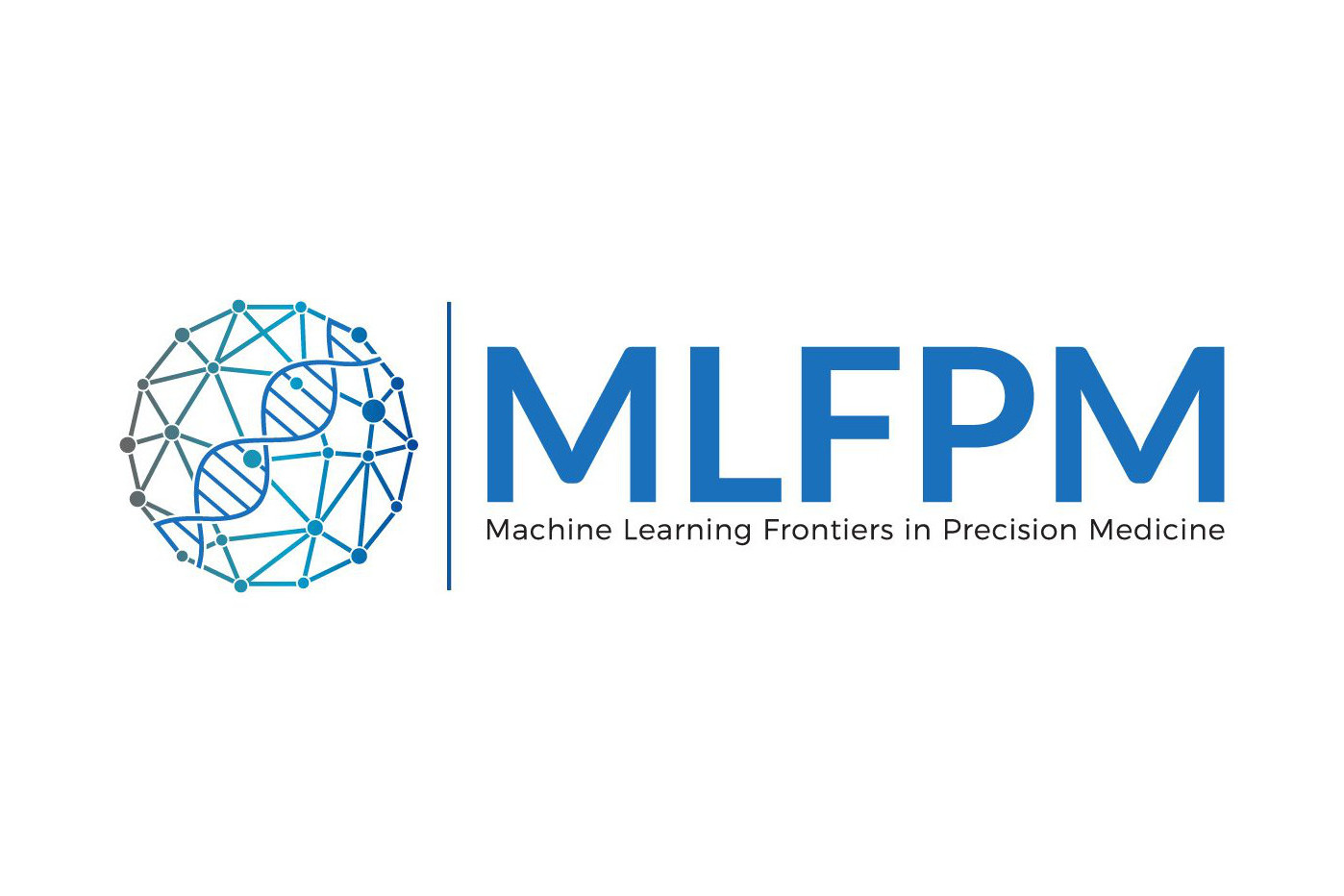03.12.2020

LMU Is Partner of MLFPM
Innovative Training Network "Machine Learning Frontiers in Precision Medicine"
LMU is now partner of the Marie Curie Innovative Training Network entitled "Machine Learning Frontiers in Precision Medicine".
MLFP The Marie Curie Innovative Training Network entitled “Machine Learning Frontiers in Precision Medicine” brings together leading European research institutes in machine learning and statistical genetics, both from the private and public sector, to train 14 early stage researchers.
These scientists will apply machine learning methods to health data. The goal is to reveal new insights into disease mechanisms and therapy outcomes and to exploit the findings for precision medicine, which hopes to offer personalized preventive care and therapy selection for each patient.
Related

26.09.2025
Björn Ommer Featured in WELT
MCML PI Björn Ommer told WELT that AI can never be entirely neutral and that human judgment remains essential.

25.09.2025
Björn Schuller Featured in Macwelt Article
MCML PI Björn Schuller discusses in Macwelt how Apple Watch monitors health, detects subtle changes, and supports early intervention.

24.09.2025
MCML PI Björn Ommer Featured on ZDF NANO Talk
MCML PIs Björn Ommer & Alena Buyx discuss AI’s essence on ZDF NANO Talk, covering tech, ethics, and societal impact.

©Eleanor Großhenning / Sons of Motion Pictures GmbH
23.09.2025
Benjamin Lange Explores Opportunities and Risks of AI Agents
Benjamin Lange highlights both opportunities and ethical risks of AI agents and calls for clear rules to ensure they benefit society.